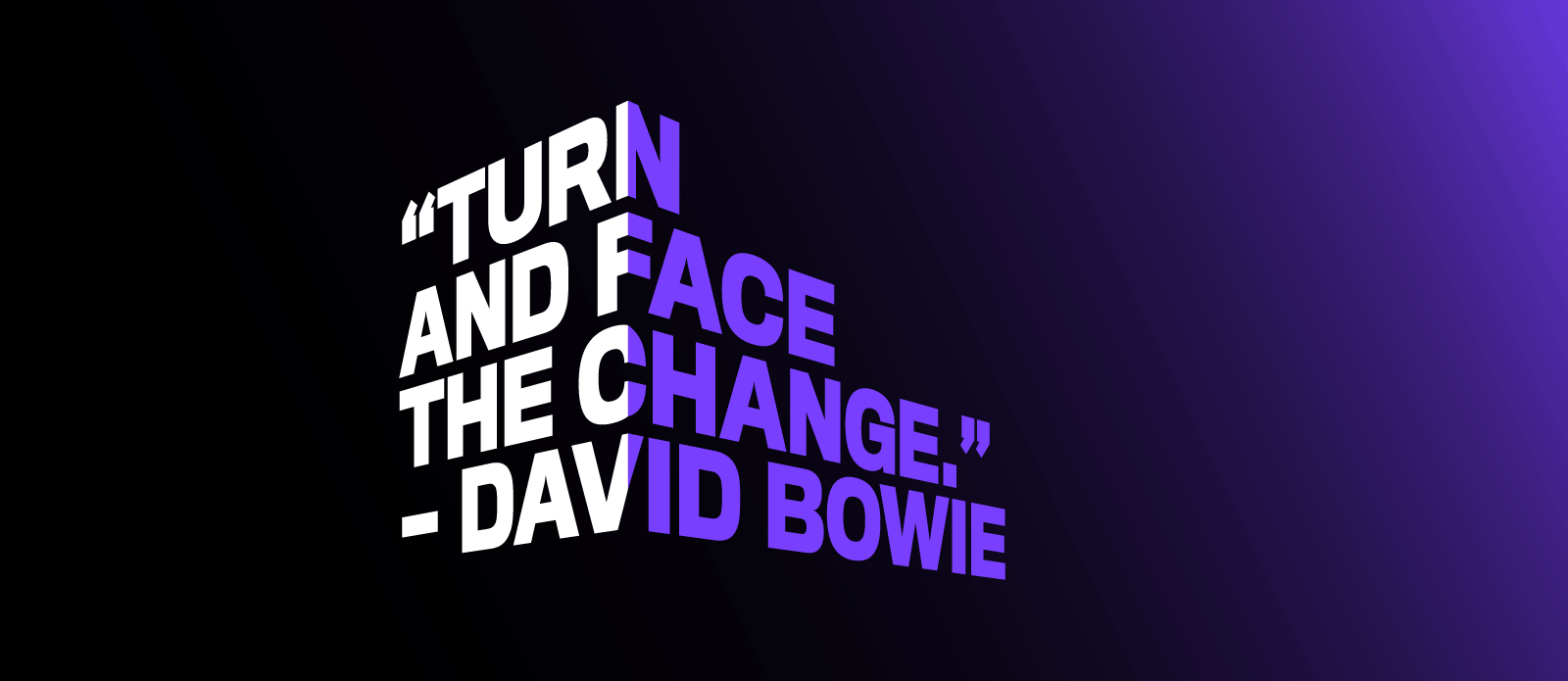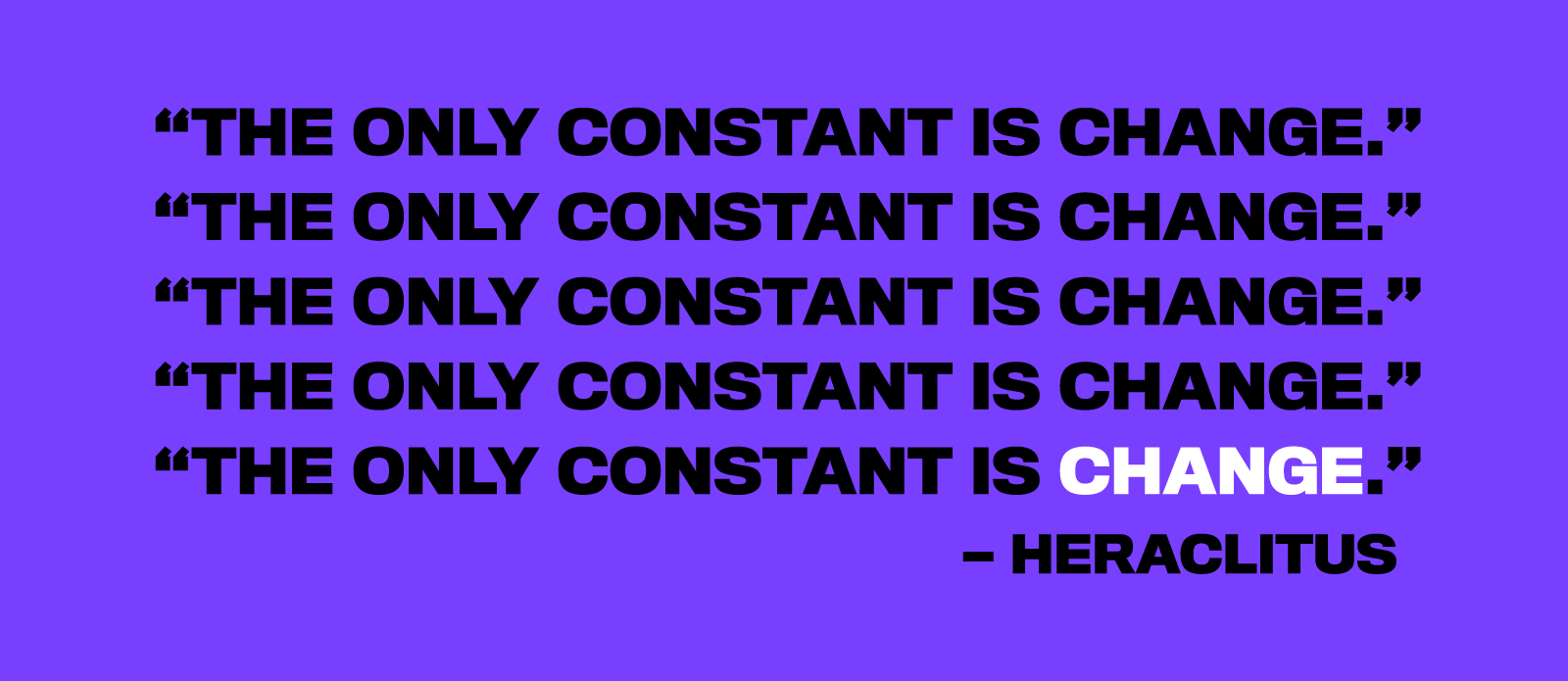
The case for college needs to be made, again. Not just the case for attending college in and of itself, but the case for going to college now, during the COVID-19 pandemic – be it this fall, this coming spring or even next fall.
It is a case that returning students, incoming freshmen, and high school seniors alike all need to hear, and it’s an argument that colleges desperately need to make.
This is not an opus on whether universities should return to on-campus instruction this fall. Nor is it a discussion of which instruction model combination of in-person, remote-only, or hybrid delivery is best for a given institution, let alone what will work for any individual student.
Decisions on whether to reopen campuses have been made in most cases – and rapidly reversed in many – while the verdict on these other questions will take a while to come in. Despite all the uncertainty, there is no shortage of opinion on these issues, with plenty of experts playing Monday morning quarterback on the one hand and sage prognosticator on the other.
Related Reading: Will California’s Top Colleges Recover from the Pandemic?
My question is more fundamental: with all the uncertainty and disappointment surrounding this fall's "college experience,” should students who deferred enrolling in college for the first time this fall or those who delayed returning to college for this semester take a full gap year or return in the spring? And what should rising high school seniors consider when deciding whether to apply for next fall’s incoming class?
In short: What is the upside to hesitating and – what dangers does that decision, or indecision, bring?
Should I take a gap year?
One thing is certain, the COVID-19 pandemic has revealed serious fractures in the value proposition of higher education – not only for freshmen enrolling for the first time this fall and students considering returning to college, but for high school seniors considering their plans for next fall as well.
Requests for deferred enrollments and gap years are on the rise, while some high school seniors are considering delaying college applications this year altogether. Are these good decisions?
It depends on a whole host of factors, including personal health, financial constraints, family employment and other considerations specific to each individual student. These issues must be weighed on a student-by-student, family-by-family basis. In some cases, the practical impacts of the pandemic will leave a student no choice but to take a step back – at least for the time being.
Related Reading: COVID-19 Amplifies Existing Inequalities for Black College Students
But putting off long-planned enrollment in college this fall simply because the on-campus experience isn’t going to be what you envisioned doesn’t appear to be a good decision for most.

This is just as true today as it was 2,500 years ago – maybe more so – and it’s an excellent place to start when contemplating delaying a college education.
Yes, circumstances have changed – dramatically in many respects. The vast majority of classes will be delivered online, and not in a classroom or lecture hall. There will be fewer opportunities to meet and engage with fellow students, limited opportunities to interact closely with professors – and almost never in person.
Zoom-like instruction will be the baseline, with a wider variety of learning models and methodologies to adopt and adjust to. Simply showing up to class on time, taking good notes and studying well for exams will seem like the good old days for many. But neither nostalgia nor projection form the basis of good decision-making.
A Lesson in Resilience: Learning to Adapt
“Learning to learn” – one of higher education’s most valuable deliverables – is all about dealing with change. Assessing, adjusting to, and actively engaging with the constant series of twists and turns life throws at you builds and expands ones’ ability to make sound decisions.
Applying the principles of critical thinking, adopting disciplined time management techniques, and prioritizing energies and efforts against an ever-changing set of circumstances are all part of a robust “college experience.”
Learning to pivot – discovering how to adopt new processes and incorporate new perspectives – is essential to successfully passing online courses and forging one’s path through college.
That was true before the pandemic, and it is true even more so now.
Accelerating Digital Delivery
.jpg?width=1600&name=should-i-take-a-gap-year-because-of-covid-19-empty-lecture-hall(1).jpg)
We all need to face facts: few of the changes being thrust upon college students this fall will be going away anytime soon, at least not entirely. While classroom instruction will inevitably return at some level – in the spring? next fall? 2022? – online and hybrid instruction models will constitute a growing component of the college learning experience going forward.
This movement has been in the works for quite some time – the pandemic only accelerated it. As a recent Moody's Investors Service report concludes, the pandemic will hasten a transformation of higher education business models and accelerate many colleges' plans to grow their online footprints. That train has left.
The Pandemic Makes a Degree More Valuable
Why should students get aboard vs. wait for the next train to come along? If pushingack the inevitable adoption of new instruction models and delaying “learning to learn” aren’t enough, there are other reasons.
For one, the downside to delaying college by even a year results in the potential loss of $90,000 in lifetime earnings, according to a recent study from economists at the Federal Reserve Bank of New York.
New York Fed economists Jaison R. Abel and Richard Deitz even went so far as to note that weighing the current cost of a college degree during uncertain times is missing the point. They claim, and I agree, that the pandemic has made a college degree more valuable, not less.
What are the options a gap year might offer?

Gap year options have changed dramatically in the face of COVID-19. Aimee Picchi writing for USA Today a few weeks ago, noted “the pandemic has narrowed options for gap-year students, with more hurdles to international travel and fewer internships available.” And that’s before taking into account today’s high unemployment rate, especially for those without a college degree – working during a gap year might not even be feasible.
As for traveling abroad – a typical gap year choice in times past – that isn’t much of an option either in light of current international travel restrictions for Americans.
Agreeing with the Fed economists above, Picchi concludes that “with fewer alternatives to college, students are facing a limited set of choices that may make higher education more attractive, not less.”
What did you learn during quarantine?
Finally, legendary entrepreneur, billionaire and Shark Tank panelist Mark Cuban offers some advice that students might want to take into account when considering whether to attend college this fall.
Speaking to CNBC on the issue of what to do if you are unemployed, Cuban predicts: “The first question every interviewer is going to ask you is: ‘What did you learn during the pandemic of 2020? What skills did you add?’”
Cuban argues that those who expanded their education and/or developed new skill sets during the pandemic to improve themselves will have a much better answer than those that don’t.
A similar question might be asked of students who chose to delay their college education – “How did your gap year prepare you for success in college and beyond – was it time well-spent?”
Related Reading: College Admissions: SATs Are Out, Personal Stories Are In
That’s a question well worth asking before deciding to delay the beginning of a college education, to be sure.
About UNINCORPORATED
Our agency understands that colleges and universities are extended beyond their resources and are in constant need of support – perhaps now more than ever. This is why we are committed to helping universities build awareness for their programs, grow enrollments for classes, and design engaging curriculum for students.










